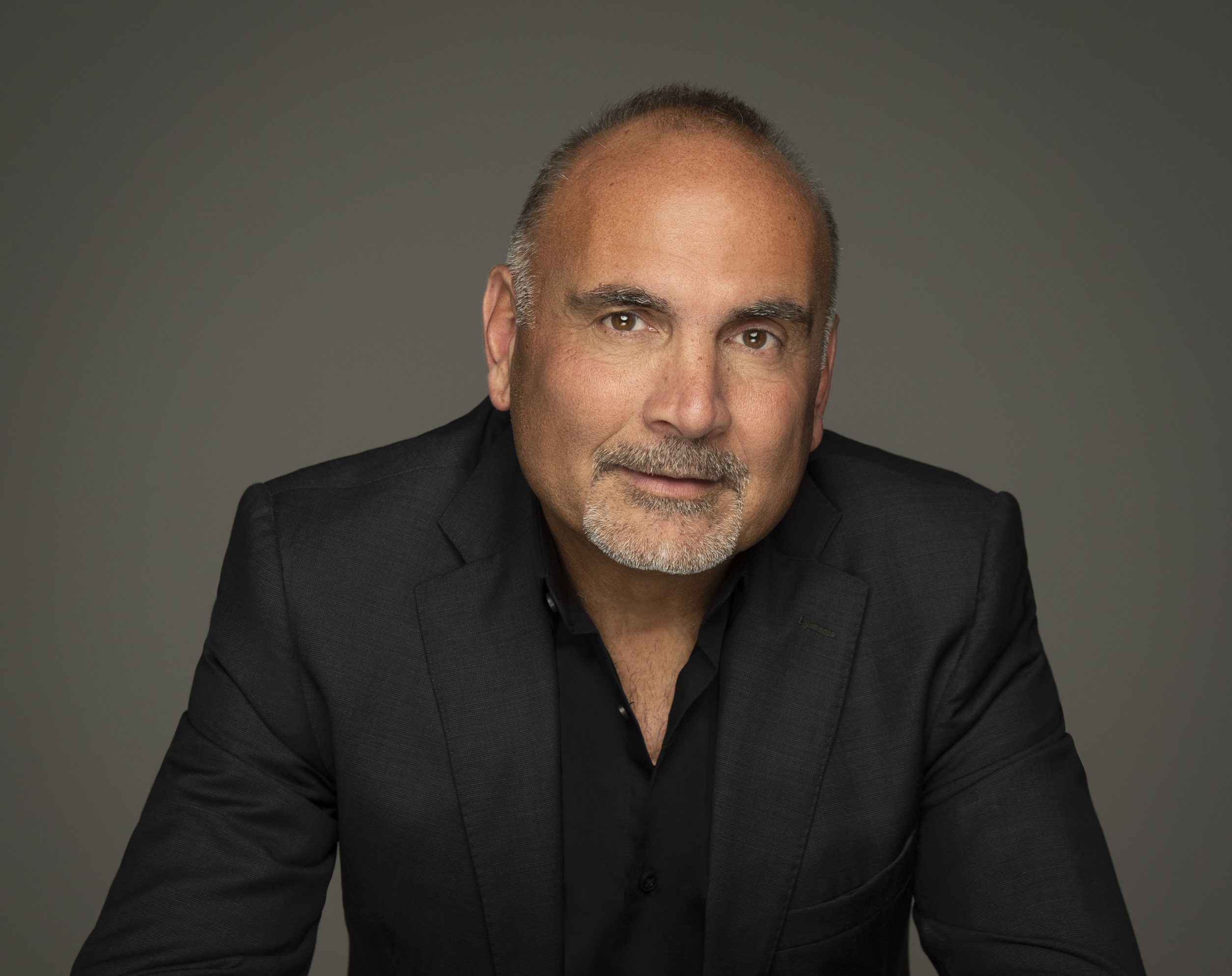Redefining leadership: Multiculturalism and flexibility
- HRM Asia Newsroom

“Mastering multicultural understanding is key to building trust and long-term success. Balancing respect for local customs with an organisation’s global culture allows leaders to connect meaningfully with diverse clients and teams across the region.” – Dr Elie Daher, an executive coach and business author.
Rigid hierarchies or one-size-fits-all management styles no longer define effective leadership in today’s rapidly evolving business landscape. Speaking with HRM Asia, Dr Elie Daher, an executive coach and business author with over 39 years of experience, highlighted the importance of multicultural understanding, flexibility, and inclusivity in leadership.
From managing diverse teams across Asia to navigating the complexities of remote work mandates, Dr Daher emphasised the need for leaders to adapt their approach to meet the demands of a multifaced workforce. As organisations strive for long-term success in an increasingly globalised and digital world, embracing empathy, collaboration, and adaptability will be key to driving competitive advantage and fostering employee engagement.
Can you define ‘multicultural understanding’, particularly from a region as diverse as Asia, and how can organisations leverage mastering this concept to drive competitive advantage?
Dr Elie Daher: I could not agree more—multicultural understanding is crucial, especially in a region as diverse as Asia.
It is about recognising, respecting, and adapting to different cultural values and business practices. I have experienced this firsthand in a complex negotiation with a Vietnamese joint venture over a multi-million-dollar data contract. The meeting began with an unexpected challenge, as the Vietnamese expressed frustration over a previous manager’s abrupt departure without a formal farewell.
Knowing the importance of respect and relationships in Vietnamese culture, I took the time to apologise and address their concerns, which was essential to building the trust needed to move forward. While it required much more flexibility than I had planned, it ultimately led to a successful agreement.
In contrast, when I negotiated in Singapore, the approach was very different—direct, efficient, and focused on clarity. Singaporean business culture values quick, data-driven decision-making with minimal small talk. These experiences taught me that knowing when to prioritise relationship-building versus direct efficiency can make or break negotiations in Asia.
For organisations, mastering multicultural understanding is key to building trust and long-term success. Balancing respect for local customs with an organisation’s global culture allows leaders to connect meaningfully with diverse clients and teams across the region.
You recently posted on LinkedIn about replacing work-life balance with the three key pillars of flexibility, integration, and fulfilment. This, however, seems to be at odds with recent RTO mandates, which seem to be demonstrating a rigid leadership style that does not address the needs and wants of employees. What are your thoughts on this, and should this be a concern?
Dr Daher: At first glance, return-to-office (RTO) mandates do seem at odds with the idea of flexibility, integration, and fulfilment that I often talk about. These pillars are essential to fostering engagement and loyalty in today’s workforce, so it is natural to question how RTO policies fit in.
While mandates like Amazon’s upcoming five-day in-office requirements, Disney’s four-day policy, Apple’s three-day model, and Elon Musk’s stricter RTO at Tesla and X may appear rigid, they are driven by a genuine need to boost collaboration, productivity, and organisational culture.
For example, Musk’s RTO approach focuses on purposeful in-office time for high-impact, collaborative work. He believes that physical presence enables faster problem-solving and innovation, especially in tech and engineering.
However, I do not think RTO and flexibility have to be mutually exclusive. Musk’s model, for instance, allows autonomy for remote work when tasks do not require face-to-face interaction, balancing structure with flexibility. Similarly, Apple offers remote days, and Amazon lets local leaders tailor schedules based on team needs.
I believe the key is structured flexibility—a hybrid model where in-office days are balanced with adaptable remote options. Leaders who communicate the why behind these mandates and adapt to employee needs can create a fulfilling, purpose-driven environment that respects the organisation’s goals and modern work expectations.
Regarding inclusivity, what do you see as traditional management styles that no longer work, and how can leaders adapt to manage multicultural teams and navigate cross-cultural challenges?
Dr Daher: Traditional management styles just do not cut it anymore, especially in today’s workplace, where leaders, often middle-aged, manage teams that span five generations and multiple nationalities.
If we continue with rigid hierarchies, top-down decision-making, and a one-size-fits-all approach, we will inevitably fail to connect with the needs and values of a diverse workforce.
Inclusivity today is about much more than race or gender. It is about acknowledging and respecting our teams’ generational and cultural diversity. Younger employees often value flexibility, frequent feedback, and a collaborative environment, whereas older generations might prefer clear structure and defined roles. Cultural backgrounds also shape how people view hierarchy, communication, and authority. If we do not adapt our leadership style to accommodate these differences, we risk alienating parts of our team and hindering productivity.
From my perspective, effective leadership in this environment requires us to unlearn outdated habits and relearn inclusive, adaptable methods. As I have shared in previous posts on LinkedIn, we need to focus on building a culture that prioritises flexibility, integration, and fulfilment. This starts with active listening and empathy—genuinely understanding the diverse perspectives that each team member brings. It is also about shifting towards collaborative decision-making. By inviting input from across the team, we create a culture of mutual respect where everyone feels valued.
READ MORE: 2025 predictions for HR leaders and their tech tools from HR Tech
Moving away from a command-and-control approach towards empathetic, flexible leadership is essential in today’s diverse workplace. When we prioritise inclusivity on all levels—cultural, generational, and beyond—we foster stronger, more engaged teams and position our organisations for long-term success in an ever-evolving world.
How do you define leadership in 2025, and what key characteristics will shape successful leadership?
Dr Daher: Leadership today evolves rapidly and is shaped by the transition across different economic models.
We have moved from the physical economy focused on tangible goods to the knowledge economy valuing intellectual capital, then to the content economy driven by information and engagement, and now into the intimacy economy that prioritises trust and personalisation.
In 2025, successful leaders must understand that all these economies now co-exist, and each offers unique challenges and opportunities.
What defines a truly effective leader in this blended economy is adaptability, emotional intelligence, creativity, and digital savvy. The uniqueness of these qualities will set leaders apart.
A clear shift is underway, requiring leaders to embrace these behaviours to navigate this complex landscape and guide their teams through change. By remaining flexible, deeply empathetic, and digitally proficient, leaders can connect authentically with employees and customers, meeting the demands of a world that values innovation and personal connection.
For more news and analysis on the latest HR and workforce trends in Asia, subscribe to HRM Asia and be part of the region’s largest HR community!






